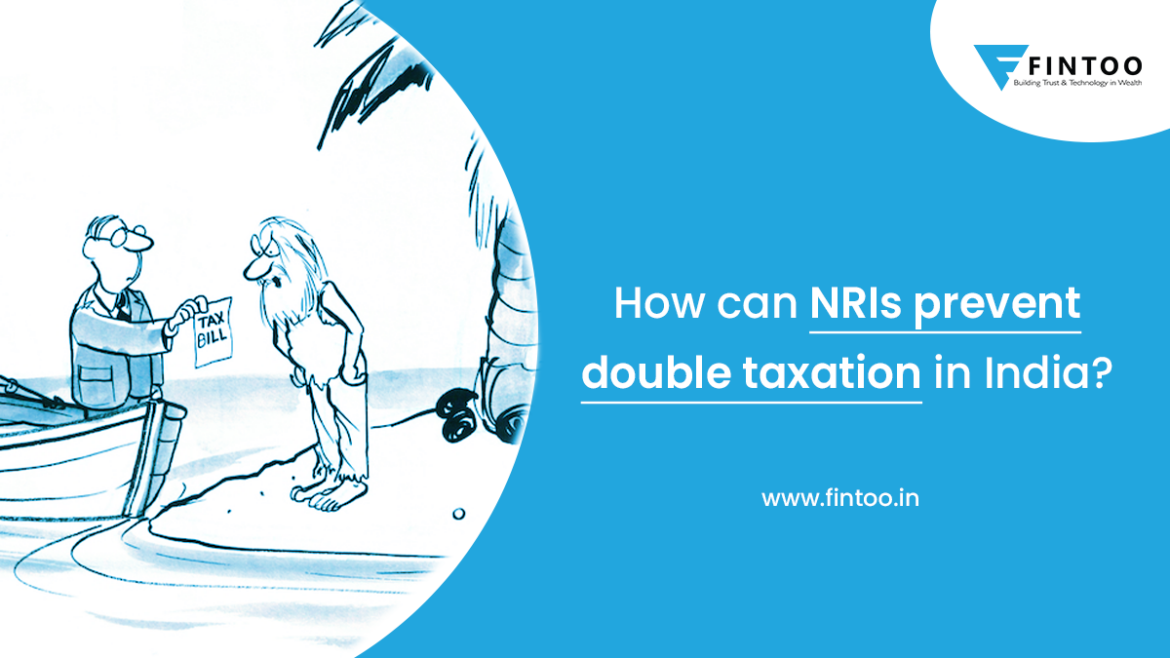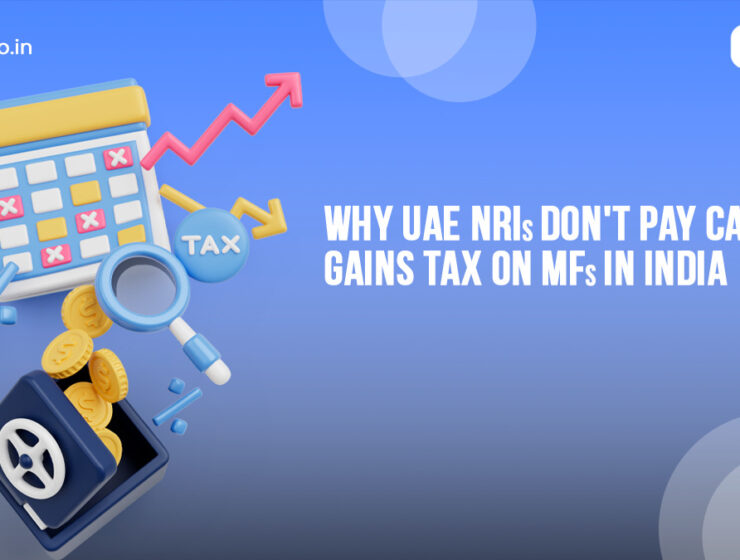

You work hard to earn money and take every possible step to save for the future. After all the efforts, you probably do not wish to lose a substantial part of your income to taxes. Even though taxes are necessary for the economy, they often come across as a burden, especially for people who are imposed with a heavy tax liability.
Now imagine if you had to pay these taxes, twice on the same income. We understand that it’s your worst nightmare.
But how does double taxation occur? and is there a way in which it can be avoided?
The answer would be yes. The Indian government does not want you to pay more taxes than you’re supposed to. In order to ensure a fair tax collection, the government has taken certain measures through which you can avoid double taxation.
Let us understand what double taxation is and how you can avoid it.
What is double taxation?
Double taxation is a phenomenon where an income is subjected to dual tax. There are two ways in which this could happen. Economic double taxation occurs if an income or a part of it is taxed twice in the same country. And jurisdictional double taxation occurs if an income is taxed in two different countries.
How does double taxation take place?
- Corporate double taxation: It occurs when corporate profits are taxed through corporate taxation and the dividend payouts are also imposed with dividend taxation.
- International double taxation: This happens when the income of a person earned abroad, is taxed in that abroad country as well as in the home country where the person resides.
Residential status:
The residential status plays an important role in identifying the way in which a person will be taxed. Mainly there are three types of residents. Resident (ROR), Resident but Not Ordinary Resident (RNOR), and Non-Resident (NR).
These are a few rules to be considered for determining the residential status of a person:
- Residential status is always determined for the previous year.
- Residential status is determined separately for each category of person, i.e., individual, company, or any other person.
- A person may be a resident of more than one country for any previous year.
- Citizenship and residential status of a country are two separate concepts.
- Agriculture income in India and dividends from an Indian company and all other income exempt shall not be taxable in any case.
- For the purpose of counting the period of stay in India, both the date of departure as well as the date of arrival in India are considered to be in India.
Note: A person is said to be a resident in India under these two conditions.
- If he has stayed in India for 182 days or more during the previous year.
- If he has stayed in India for 60 days in the previous year but has also been in India during the 4 years immediately preceding the previous year for a total period of 365 days or more.
If a person fails to meet either of the two conditions, he will be deemed as a non-resident.
How can NRIs prevent double taxation in India?
In order to prevent NRIs from having to pay double tax, India has entered into the DTAA (Double Tax Avoidance Agreement) with more than 80 countries. So, if you live abroad and have a source of income in India, the DTAA will be your remedy. DTAAs can either cover all types of income or only some specific ones as the tax rates and rules of each DTAA will differ from one country to another.
How does the DTAA work?
Under the Income Tax Act, 1961, there are two sections 90 and section 91 provide relief from double taxation. Usually, the income will be taxed based on the residential status of the individual. But if the person qualifies as a resident for both countries, then the rules according to the agreement made with that particular country will be followed. This is called the tiebreaker rule.
If a resident earns income in a country with which India has a DTAA, section 90 shall apply, and the individual will get a bilateral relief. On the other hand, if the income is earned in a country with which India does not have a DTAA, section 91 shall apply, and the individual will get a unilateral relief.
Bilateral relief under section 90:
- Exemption method: If an income earned in a foreign country has been taxed that that country, it won’t be taxable in India.
- Tax credit method: Under this method, a person can claim a tax credit for the taxes paid outside India. This can be used to set off the tax payable in India.
Unilateral relief under section 91:
When there is no DTAA between two countries, the individual will be provided with relief by the country of residence.
Tax rebate
The DTAA allows NRIs to deduct double taxes paid on income received from the following
- Salary received in India
- Income from fixed deposits
- Interest received from a savings bank account
- Capital gains arising from the transfer of property
- Any rental income from a property located in India
- Income from any services offered in India
- Dividend income earned in India
What is Foreign Tax Credit (FTC)?
The concept of FTC is that a person can claim the credit or deduction of taxes paid in the country where income was earned against the tax liability in the country where the person is a resident.
Eligibility: An NRI or PIO who qualifies as an Indian tax resident can claim credit for the taxes paid abroad, through the income tax return filed in India. But it will be subjected to a few conditions and compliances as per the Income Tax rule 128. FTC shall be granted only in the year in which the income corresponding to such tax has been offered to tax in India.
Conclusion
DTAA will not enable you to completely avoid your taxes. It will only help you to reduce your tax liability in a fair manner. It has streamlined the issue of double taxation by reducing the heavy tax burden of NRIs and the overseas income earned by Indian residents. So, it becomes important to carefully examine the international laws and the benefits they provide to responsibly save more on taxes.
Disclaimer: The views expressed in the blog are purely based on our research and personal opinion. Although we do not condone misinformation, we do not intend to be regarded as a source of advice or guarantee. Kindly consult an expert before making any decision based on the insights we have provided.
Related Posts
Stay up-to-date with the latest information.


